Jim East
I am not Jim West.
- 444 Posts
- 159 Comments

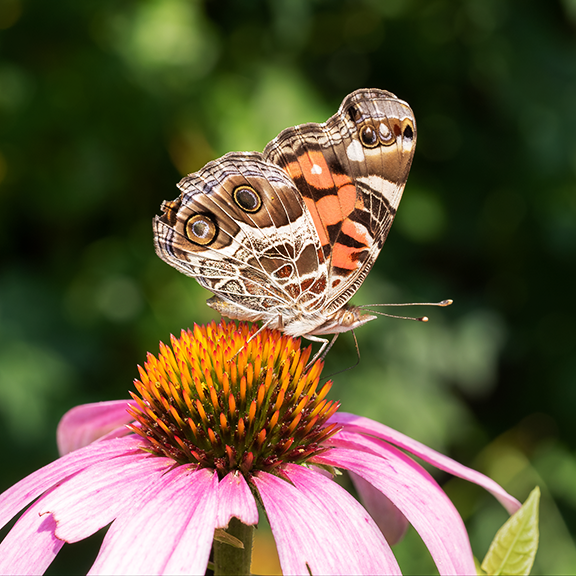 2·3 days ago
2·3 days agoGrafted tree, I presume? If it can ripen all of the fruits this year, then it will have passed the test. Exciting things to come.

 1·3 days ago
1·3 days agoI have even heard tell of a pawpaw that tasted like durian, but I cannot verify that claim.

 1·3 days ago
1·3 days agoNo reason to stop at vacant lots. Parks, hiking trails, cleared areas in their native forests…

 2·3 days ago
2·3 days agoIs it the first time that the peach tree is fruiting? :)
 11·4 days ago
11·4 days agoClimate change will affect the whole world, but some areas will be more affected than others. Higher elevations at the equator should remain relatively stable.

 3·4 days ago
3·4 days agoDeforestation is part of it. With continued climate change, such drought or flood events will only get more and more frequent outside of the equatorial region, with the most severe adverse weather events expected between 30°N and 60°N. The ocean will buffer the UK a bit from temperature extremes, but the inherent seasonality of the climate will still result in large variations in both temperature and precipitation. The temperature of the Atlantic Ocean is a major influence as well.
And let’s not forget those delicious ovaries! Sweet, juicy, engorged ovaries… Yum! 😋

 3·7 days ago
3·7 days agoSourcehut also seems promising. There can be both.
I used to think that AMAB stood for “All Men Are Bastards” but recently I have discovered that this is generally not the intended meaning.

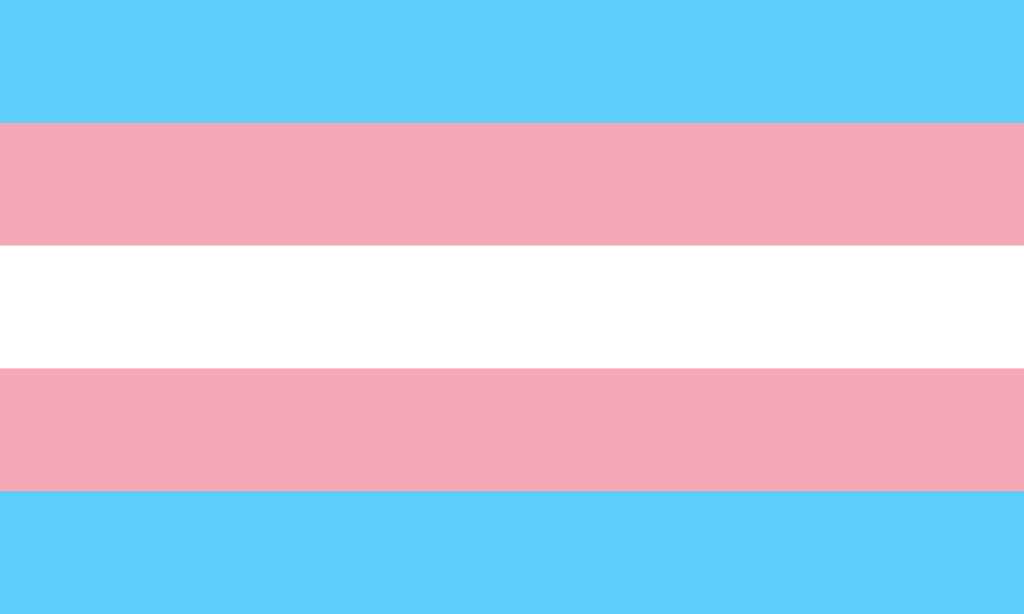 2·8 days ago
2·8 days agoTaking out the trash!
Taking out the trash… at night!

 1·8 days ago
1·8 days agoTwo years… If I waited that long, it would be a disaster! Glad it works for you though!

 1·8 days ago
1·8 days agoToo much fruit is never really too much! Plant your own, grow your own, harvest your own, and share…

 2·8 days ago
2·8 days agoI don’t grow blueberries, but I’ve seen videos of high-bush cultivars in the UK, and they certainly looked prolific and easy to manage. From what I’ve heard/read, I imagine that they would do well in poor, acidic, sandy soil like in pine forests. Is that the kind of soil that you have?

 2·8 days ago
2·8 days agoYou are not the first to answer blackberries, and I just wonder, do blackberries not grow out of control in other places? Sure they’re easy to keep alive once established, but to actually keep them manageable, is there not a lot of pruning required?
(Asian pears are awesome, by the way. The fruit, anyway. Tried it once, and it puts the common pears to shame.)

 1·8 days ago
1·8 days agoSpooky due to the blood-stained insides?
I used to have
mast year every year
Did your tree live fast and die young?

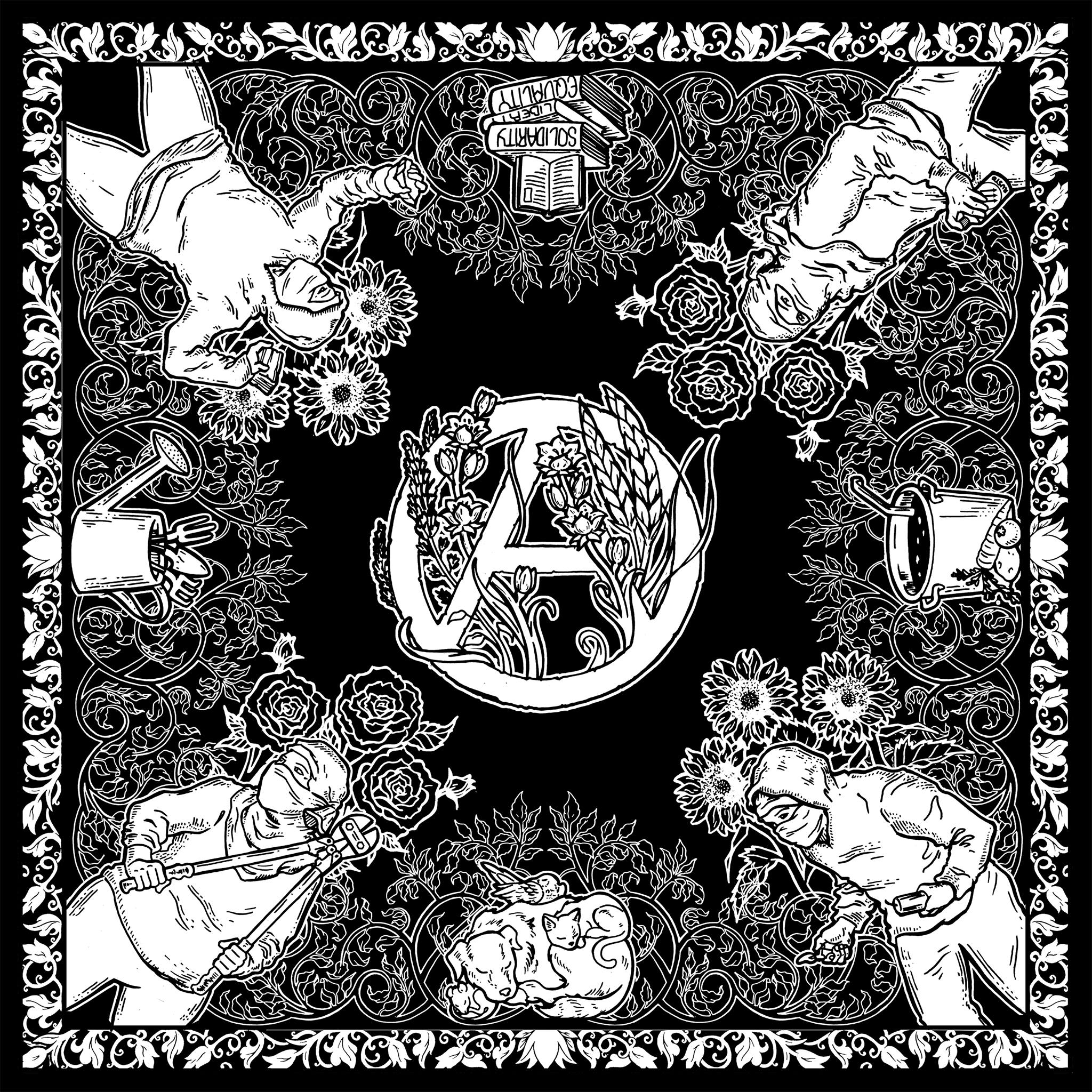 1·8 days ago
1·8 days agoInteresting read, though not really much of an indication of the origins of the grasses in question, only their early domestication. Or do we need to “read between the lines” and interpret these cleared areas as desecrated forest? Did the grass not exist outside of human-disturbed areas, even in the arid(?) environment of the Levant? I’ve long suspected that grass did not evolve by “natural” means, but I don’t think that this article constitutes anything close to sufficient evidence for that.
I’d be interested to know more of your perspective on humans’ betrayal of the forest though, especially in the historical context.

 1·8 days ago
1·8 days agoClimate change threatens the viability of commercial (monoculture) banana production, not the continued existence of banana plants. While some areas (such as parts of the Caribbean as this article mentions) will become too dry for part of the year to sustain banana plants without irrigation (which costs money), there will still be plenty of subsistence farmers growing bananas and plantains in the equatorial rainforest regions. The spread of Fusarium is mainly a threat to monoculture production, where it would spread rapidly throughout the plantations. For diverse food forests, it’s less of an issue. Extreme weather like hurricanes… kind of makes one question the choice to live in such a place to begin with.
I don’t know if anyone here has ever tried to kill a banana plant, but it isn’t so easy. Some farmers who want to switch from bananas to another crop actually sell their land and move elsewhere rather than attempt to remove their banana plants. Banana will remain a reliable staple crop throughout much of the world. For the regions experiencing climate change severe enough to be detrimental to banana production, there are plenty of other things to worry about.

 11·8 days ago
11·8 days agoI am not advocating for the use of herbal medicine nor for anarcho-primitivism.

 211·9 days ago
211·9 days agoNot exactly what you asked, but…
I think that in an anarchist society, much of the “medicine” mindset would fade away. An anarchist society would have no human supremacists, so people would not eat animals or use them for medical experiments. This alone would prevent a great deal of ill health. While certain drugs can be useful in emergency situations (like opium for pain relief during and after surgery), most if not all of these emergency “medicines” can be found in some form in the plant kingdom and do not require complex manufacturing processes. Modern medicine and “better living through chemistry” is really quite a recent concept, and the pharmaceuticals of today are no more necessary for health than anything that the snake oil salesmen were selling 200 years ago. The current medical industry is one of the largest and most profitable capitalist enterprises in the world, with a huge financial incentive to keep people sick. (I recommend the documentary They’re Trying To Kill Us which explores how the medical industry, fast-food industry, and government are interconnected in oppressing people.) Take away the profit motive, and 99.9% of “medicine” in the world would disappear, and we’d all be better off as a result.
What good is a vast amount of learning if what you have learned is not true? The medical profession has from the beginning based its practices upon false principles, hence throw physiology out the window and poison the sick with nostrums. We do not seek warmth of an iceberg, so why seek health from a poison? Let’s get our principles straight. Health comes from healthful influences and agencies. Drugs, all of which are poisons, do not belong among the health-building factors of life. – Herbert Shelton, Natural Hygiene: Man’s Pristine Way of Life (1968)

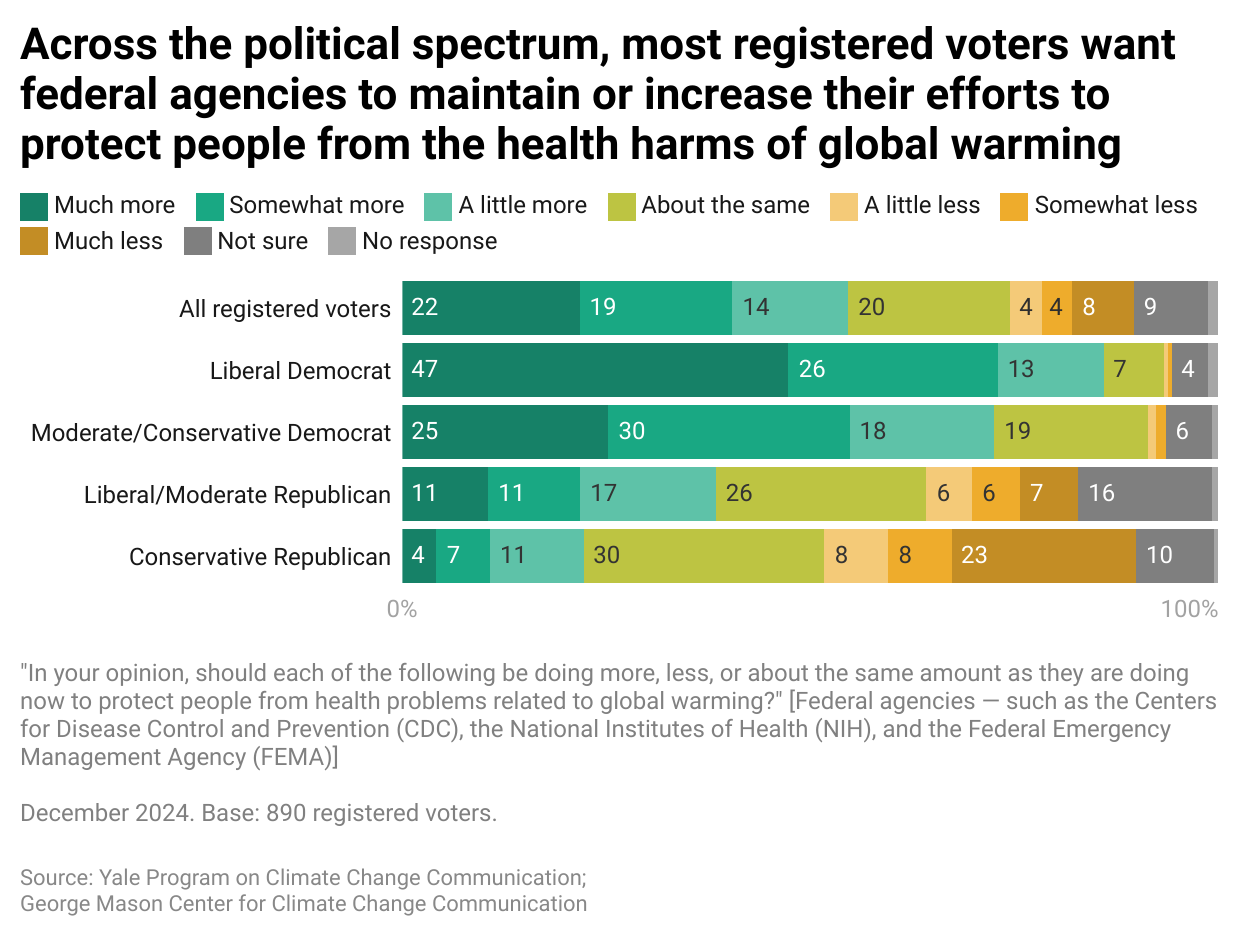








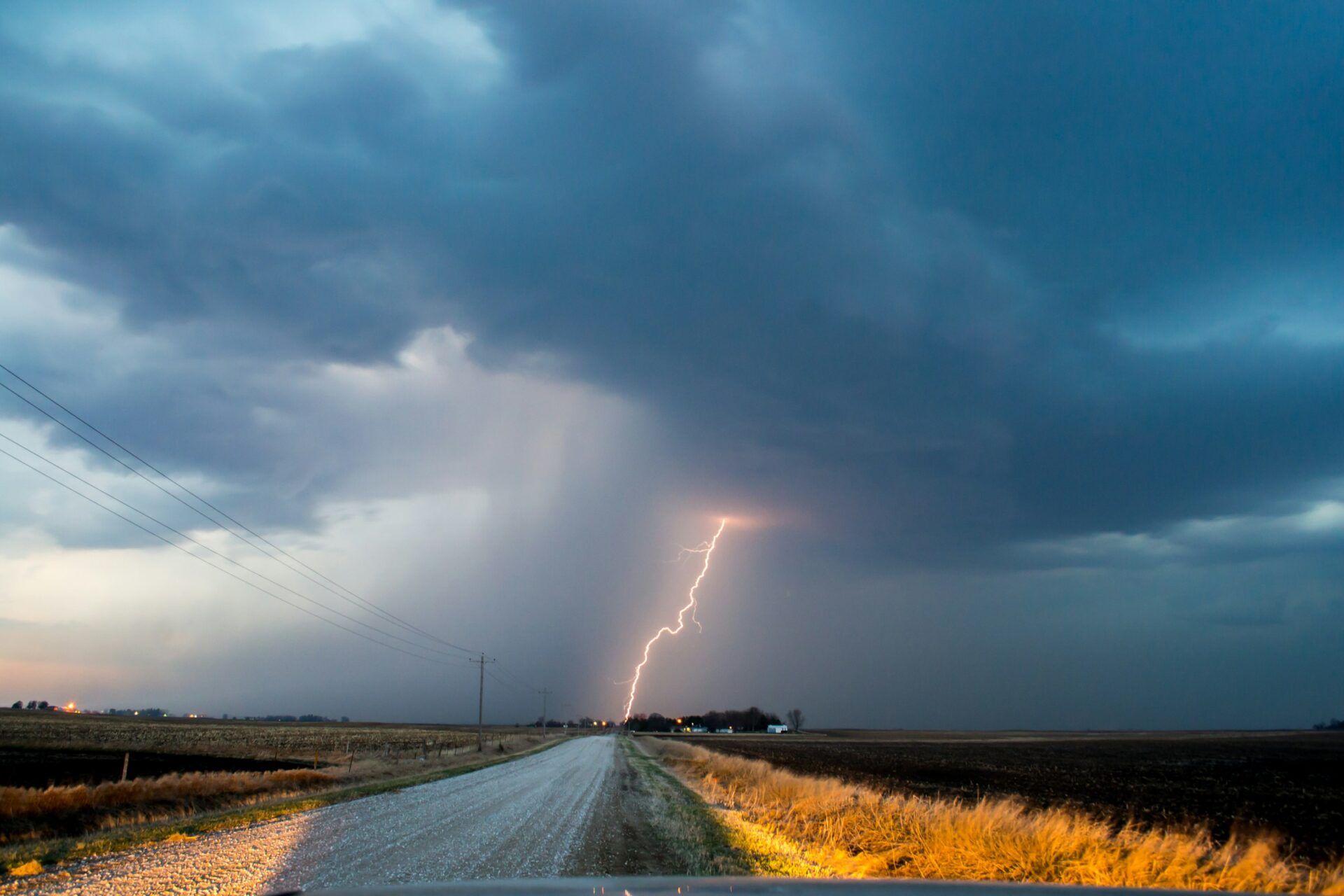



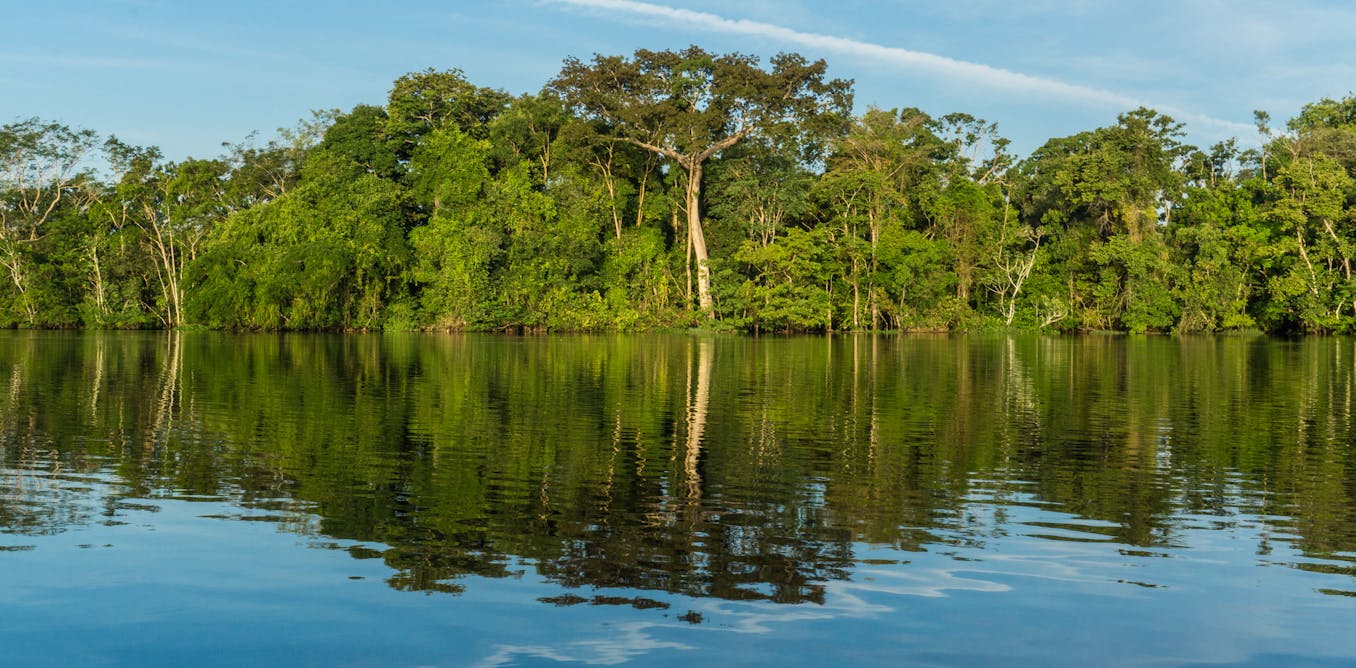

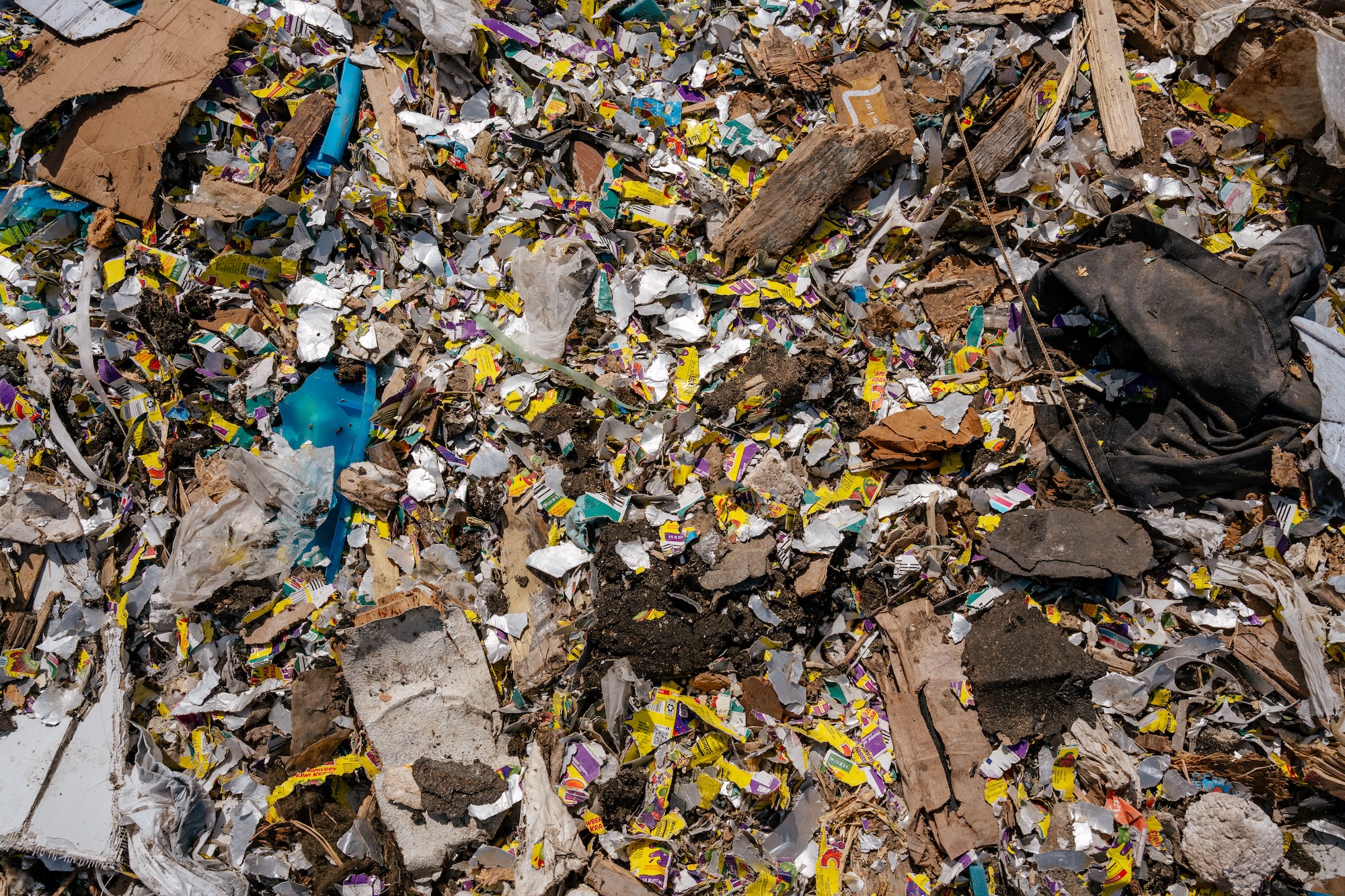



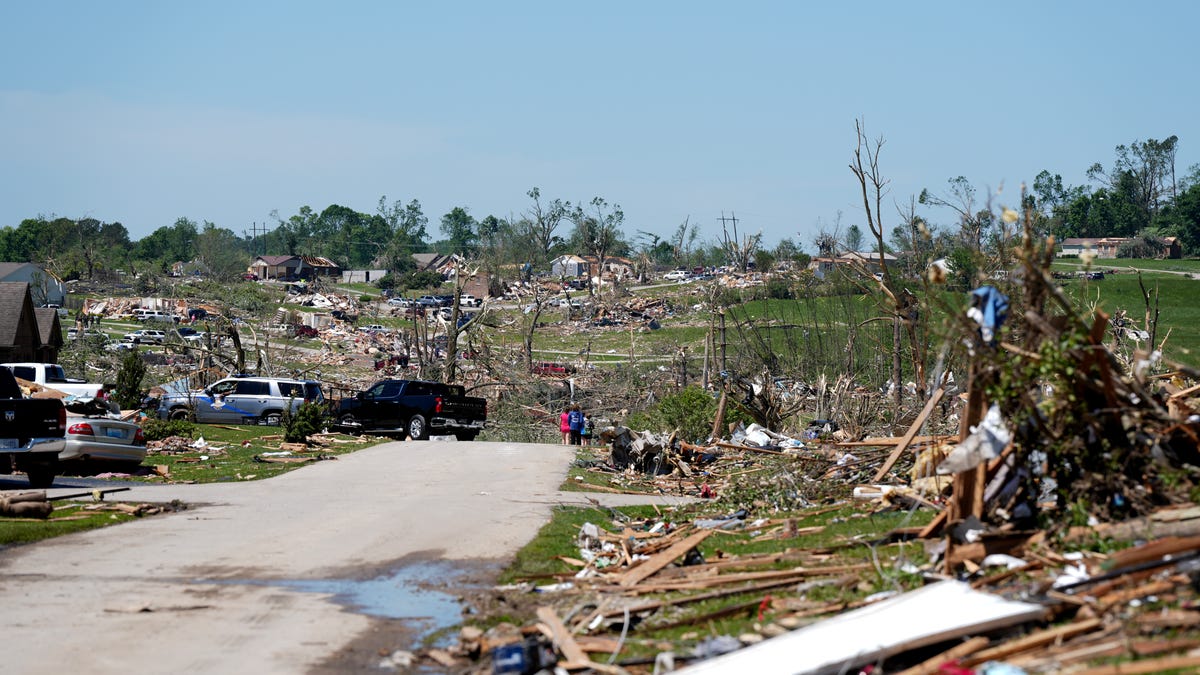
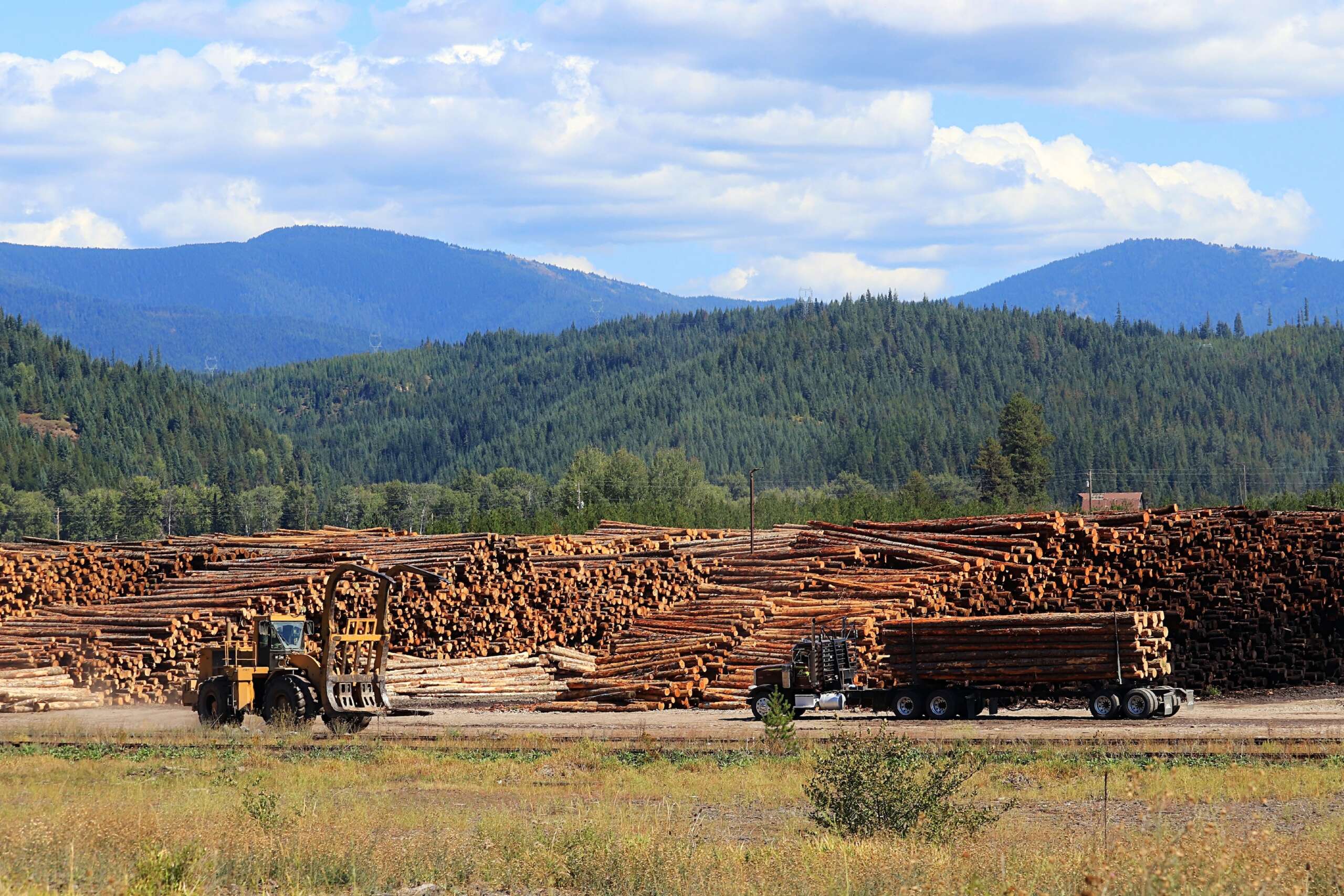



Anyone know if Sarawak is still relatively LGBTQ-friendly?